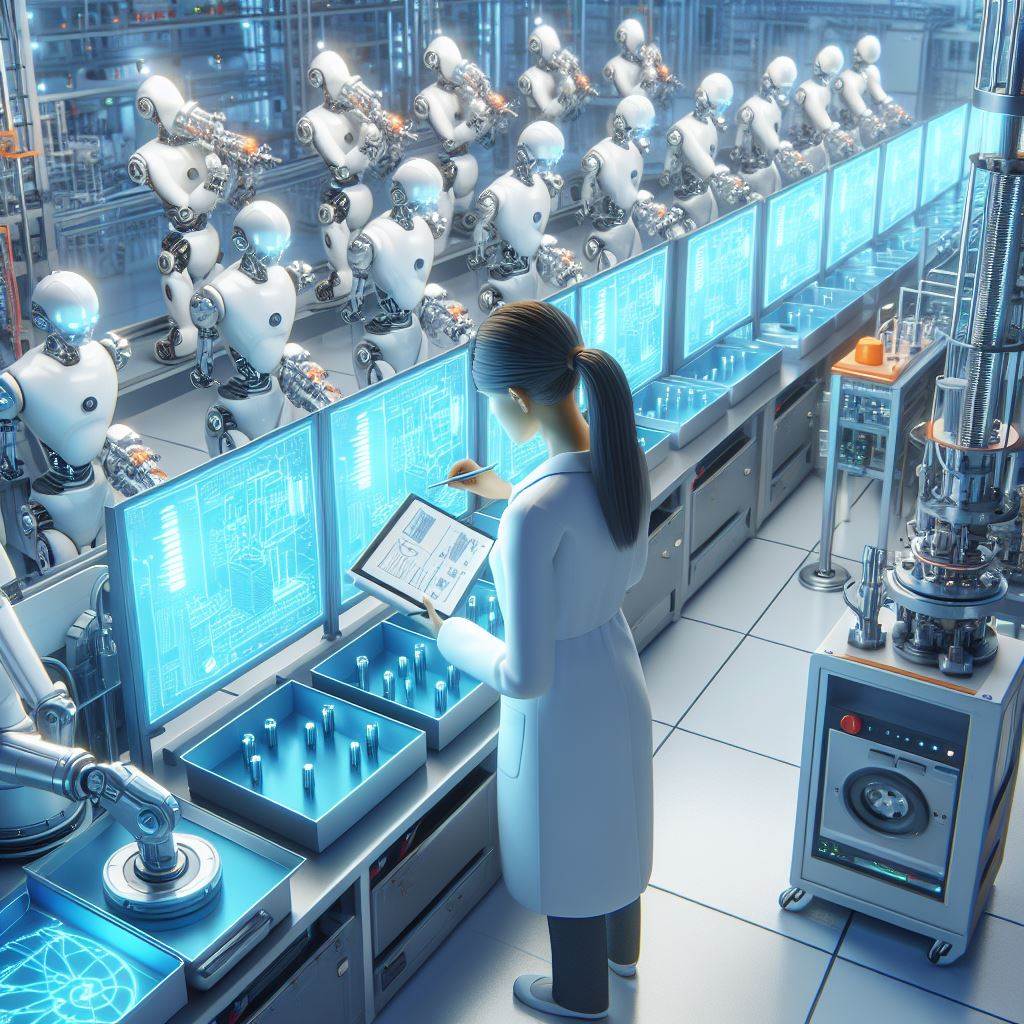Jobs least likely to be replaced by automation are those that demand a high level of emotional intelligence, creativity, and complex decision-making. Examples include healthcare professions like doctors and surgeons, roles in innovation and design such as architectural designers, and hands-on professions like electricians and plumbers.
Which jobs are least likely to be replaced by automation? However, not every job is at risk. Certain professions demand uniquely human skills that machines struggle to replicate, ensuring a level of job security even in the face of automation.
Understanding Automation
Automation involves the use of technology to perform tasks with minimal human intervention. Jobs that are repetitive and rule-based are more susceptible to automation, while those requiring creativity, emotional intelligence, and complex decision-making are less likely to be replaced.
Analyzing Job Characteristics
Jobs Requiring Emotional Intelligence
Professions that involve understanding and managing human emotions, such as therapists and social workers, rely heavily on emotional intelligence. Machines lack the nuanced understanding and empathy required for these roles, making them less prone to automation.
Highly Creative Professions
Creativity is a distinctly human trait that machines struggle to replicate. Jobs in the arts, design, and content creation rely on the ability to think outside the box and generate novel ideas, making them resistant to automation.
Complex Decision-Making Roles
Roles that demand intricate decision-making based on a variety of factors are less likely to be automated. Human judgment, intuition, and the ability to navigate complex situations give certain professions a shield against the encroachment of automation.
Jobs Least Likely to be Replaced by Automation
| Profession | Characteristics |
| Doctors and Surgeons | Deep understanding of human anatomy, nuanced decision-making, and compassion. |
| Nursing and Patient Care | Technical skills, empathy, and communication. |
| Mental Health Professionals | Ability to connect on an emotional level and address mental health nuances. |
| Architectural Designers | Requires a deep understanding of human needs and aesthetics. |
| Research and Development Engineers | Involves ideation, problem-solving, and adaptability. |
| Classroom Teachers | Dynamic profession involving adapting to unique student needs. |
| Vocational Trainers | Hands-on instruction and mentorship in vocational fields. |
| Electricians and Plumbers | Adaptability and problem-solving in skilled trades. |
| Automotive Technicians | Technical expertise and hands-on diagnostics in automotive repair. |
| Cybersecurity Experts | Human intuition and adaptability in the ever-evolving landscape of cybersecurity. |
| IT Consultants | Understanding client needs and devising tailored IT solutions. |
Summary
In a world where automation is reshaping industries, certain jobs stand as pillars of resilience. Professions that leverage emotional intelligence, creativity, and complex decision-making are less likely to be replaced by machines. Whether in healthcare, design, education, skilled trades, or IT, the human touch remains irreplaceable.

